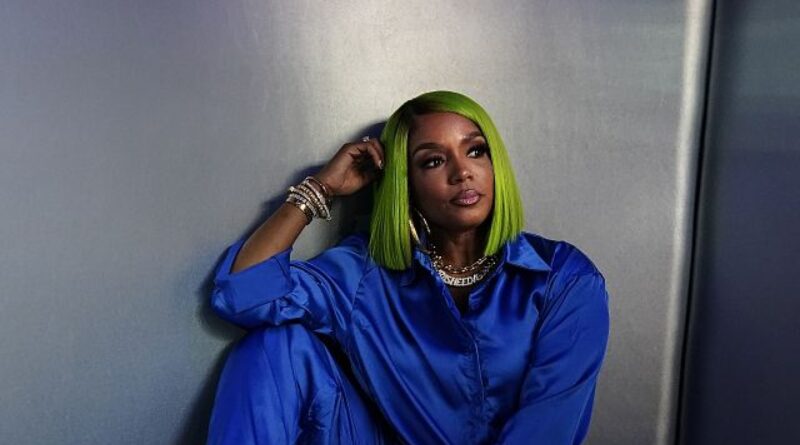Hip
Rasheeda speaks during an interview with the Associated Press for the 50th anniversary of hip-hop, on Thursday, June 29, 2023 in Atlanta
–
Copyright © africanews
Brynn Anderson/Copyright 2023 The AP. All rights reserved.
Hip-hop
Rasheeda Frost’s decades-long relationship with hip-hop started in 1981. She was a curious, energetic kindergartener — eager to touch and explore anything put in front of her.
Rasheeda remembered her mother presenting her with a huge, white box — it was a record player that she would continuously spin, not knowing what its purpose was. Then, she said, her mom gave her a record with a colorful cornucopia printed in the middle: The Sugarhill Gang.
“She must’ve just known hip-hop was embedded in me at such a young age,” the MTV “Love and Hip-Hop: Atlanta” reality star said.
The then 5-year-old would dance until she couldn’t anymore. “I played that record until I tore it up and scratched up the record.”
Frost fell in love with hip-hop. Lyrics, music videos, and magazine covers display a genre that is male-centered and male-dominated. Despite this challenge, Frost took her passion a step further and joined the ranks of female rappers and emcees who battled misogynoir, sexism, and patriarchy to send hip-hop spinning in a different direction, making way for women to take the main stage in the genre.
“I had to go out there and work triple as hard, make sure I’m respected, not get taken advantage of as a female, and really go hard for what I know and stand for something,” Frost said.
From The Sequence releasing the first rap record by an all-female group, called “Funk You Up” in 1979, to MC Sha-Rock’s iconic performance on “SNL” as a part of Funky 4+1, female rappers have been a part of hip-hop since its debut. Women have fought to shape their identification in hip-hop and demand recognition.
In the 50 years since DJ Kool Herc extended breaking at a back-to-school party, women have gone from donning a male-imitated aesthetic, to owning their sexuality in lyrics, to selling out stadiums for their own concerts. At hip-hop’s 50th anniversary, female rappers are taking their moment to shine — while still demanding respect and facing decades-old challenges.
Additional sources • AP
You may also like
Most read




